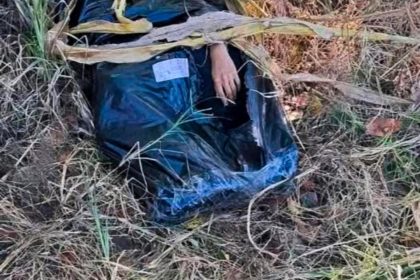The small town of Ibiporã, in southern Brazil’s state of Paraná, awoke this week to heartbreak after a powerful tornado tore through the community, claiming the life of a 14-year-old girl and leaving widespread destruction.
What began as a calm afternoon turned into chaos within minutes. Homes were splintered, trees uprooted, and power lines torn down. The teenager was helping her mother close windows and gather pets when flying debris struck her fatally.
She was the only child of two beloved local schoolteachers. Friends and teachers described her as gentle, bright, and endlessly kind—a girl who loved animals and dreamed of becoming a veterinarian. “She was sunshine,” one teacher said at a candlelight vigil.
The tornado, with winds exceeding 180 km/h, struck with almost no warning. Officials admitted the community had less than ten minutes to react and vowed to improve early-warning systems. Meteorologists warn that such violent storms may become more common as climate patterns shift.
In the aftermath, Ibiporã’s residents united in grief and resilience. Neighbors cleared debris, schools became relief centers, and students covered classroom walls with flowers and letters. The town held a memorial where hundreds gathered in the rain to honor her life.
To preserve her memory, local leaders plan to establish a scholarship in her name for students pursuing environmental and meteorological studies. Beneath her favorite tree at school now sits a wooden bench with a plaque that reads:
“She brought light to the storm.”





